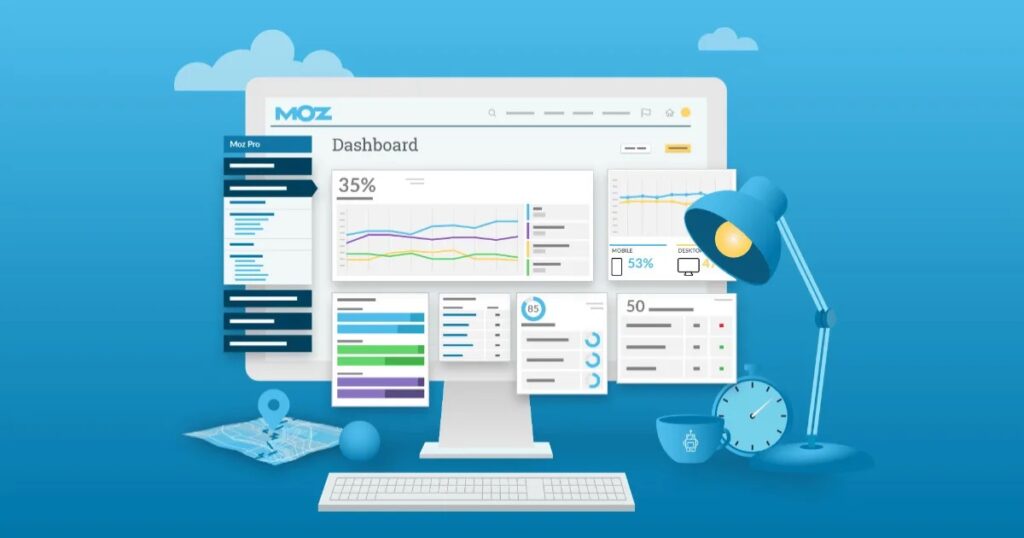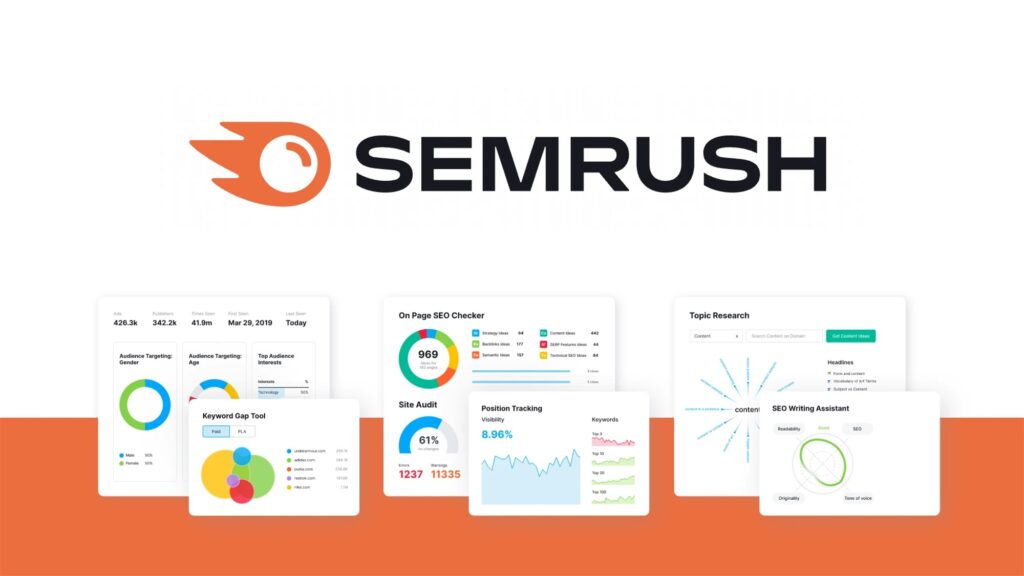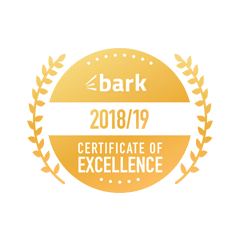
PPC Competitor Analysis: How to Outsmart Your Rivals on Google Ads
Let’s face it; the world of Google Ads and digital marketing can be a battlefield. The digital marketplace is full of competitors vying for that top spot on the search results page.
Jon here from the Ality team, let’s continue to explore this topic. This strategic approach can help you not only understand your competitors but also find ways to outsmart them. In this in-depth guide, we’re diving into the why’s and how’s of PPC competitor analysis.
Buckle up, and let’s get started.
Why Is PPC Competitor Analysis Important?
Think of PPC Competitor Analysis as a reconnaissance mission in a military operation. The more you know about the enemy’s moves, the better you can strategize your own. A comprehensive PPC competitor analysis provides insights into:
– Ad messaging and unique selling propositions (USPs) your competitors are using
– Keywords that are driving traffic to your competitors (keyword research)
– Budget and bidding strategies
– Competitor’s ad schedule, geo-targeting, and much more
In a nutshell, PPC competitor analysis allows you to identify gaps in your own strategy and make data-driven decisions. But it’s not just about spying; it’s about optimizing your own campaigns for maximal ROI.
Let’s dive into the steps.

How to Conduct a Competitor PPC Analysis: A Step-By-Step Guide
Step 1 – Identify Your Competitors
The first step in any competitor analysis is to know who you’re up against. If you’re a local business offering local SEO services, your competitors might be different than if you’re a global Performance Marketing Agency. Use tools like SEMrush, SpyFu, or Google’s own Keyword Planner to identify who is bidding on the same keywords as you.
Step 2 – Analyze Ad Copy and Landing Pages
Once you’ve identified your competitors, the next step is to dissect their ad copy and landing pages. What kind of messaging are they using? Are they promoting discounts or focusing on unique features? Knowing this can help you tweak your own ad copy for better performance.
Step 3 – Evaluate PPC Keywords and Negative Keywords
Keywords are the cornerstone of any PPC campaign. Through PPC competitor analysis, you can identify both the keywords your competitors are targeting and those they’re ignoring (potential opportunities for you!). Look out for negative keywords as well. These can give you insights into audience segmentation strategies.
Step 4 – Assess Quality Score
Quality Score is Google’s rating of the quality and relevance of both your keywords and PPC ads. Knowing your biggest competitors’ quality scores can help you understand the efficiency of their Google ads campaigns and find areas to outperform them. Review their impression share and if they are conducting any paid social, as well as paid search on Google and or Bing.
Step 5 – Review Budget and Bidding Strategies
A crucial part of PPC competitor analysis is understanding how much your competitors are willing to spend and what bidding PPC strategy they’re employing. This will give you an idea of what you’re up against and what resources you need to allocate.

Best PPC Competitor Analysis Tools
1. SEMrush: Great for spying on competitor keywords and ad copy
SEMrush is a powerhouse tool that every Digital Marketing and SEO Consultancy should have in their arsenal. Consider it your go-to platform for all things related to online visibility. From keyword research and site audits to competitor analysis, SEMrush offers a comprehensive suite of tools designed to boost your digital marketing game.
Whether you’re a PPC Agency in London looking to optimize Google Ads or a Content Marketing Agency focused on driving inbound leads, SEMrush provides the data-backed insights you need to succeed. It’s particularly handy for agencies like Ality, where research and ROI are at the core of everything we do. With transparent reporting capabilities, SEMrush fits perfectly into strategies focused on delivering clear, measurable results.
2. SpyFu: Excellent for budget and spending analysis
SpyFu is the Swiss army knife for anyone involved in the world of digital marketing, particularly in PPC and SEO. This tool lets you “spy” on your competitors in the best way possible by providing you with invaluable data on their keyword strategies, PPC ads, and backlink sources.
Ideal for a Google Ads Agency or a Social Media Management Agency, SpyFu delivers the insights to make informed decisions. If you’re all about optimizing your campaigns for maximum reach and ROI, this tool slots right into your strategy. For a team like Ality, that values comprehensive research and transparent reporting, SpyFu is a no-brainer. It’s like having a backstage pass to your competitor’s strategies, helping you make smarter, data-driven decisions.
3. Moz: Useful for assessing domain authority and quality scores
Moz is your one-stop shop for all things SEO. Designed with both beginners and seasoned pros in mind, this tool offers a robust set of features that can help elevate your website’s search engine rankings.
Moz is perfect for agencies focused on performance marketing, local SEO services, or B2B SEO. Its user-friendly interface and actionable insights make it easy for teams to collaborate and achieve higher ROI. If you’re a marketing services provider like Ality, where long-term client relationships and optimized campaigns are the end game, then Moz is an excellent tool to add to your SEO arsenal.
It provides the kind of in-depth data and transparency that aligns well with Ality’s emphasis on research and measurable results.

Key Takeaways: Maximizing ROI with PPC Competitor Analysis
Conducting an in-depth PPC Competitor Analysis isn’t a one-off task but an ongoing strategy. Keep monitoring competitor activity, updating your keywords, and tweaking your ad copy for maximal impact.
Remember, the goal of PPC competitor analysis is to give you a strategic edge. If done correctly, it can be a goldmine of actionable insights, driving your campaign’s performance and ultimately maximizing your ROI.
So there you have it: your complete guide to outsmarting your rivals on Google Ads through effective PPC Competitor Analysis. Happy hunting!
I highly recommend that you combine SEO and PPC Google Ads together with Content Marketing to really dominate page 1 rankings for buyer intent keywords. Just get in touch to discuss how we can help you in all these regards.
All the best, Jon
















